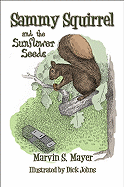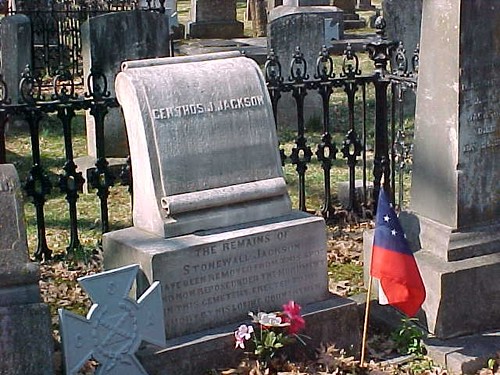I saw the movie Shadowheart (read about it here) and heard this song, and I knew immediately I’d have to learn it. I downloaded it from iTunes and transcribed the lyrics. I’ve included those wonderful lyrics and the chords below. You can read more about this beautiful singer here, and can see her perform the song on YouTube here: As far as I know, no one else has posted these lyrics. I hope you enjoy them. I did receive from Carol Piascik the correct lyrics, which she received from Bisutti. Thank you, Carol! She does this in the key of B. I use G chords, with the capo on the fourth fret of my guitar.
“Shadow of My Heart”
written by Danielle Bisutti & Rob Christie
ASCAP 2009 Copyright
I still remember his words of goodbye
A man must find his reasons and
The seasons have gone by
The church bells echo your ghost inside this canyon still
I fear his fate but dear hold faith
“Come back to me, a while”
(Chorus 1)
The Angels sing from mountains high
A song of old through clear blue sky
Their voices cry out while weʼre apart
And warm the Shadows of my heart
Revenge can summon the darkest knight
Blinding noble kings masquerading wrong from right
I dreamt you rose up from the ashes
Bearing light as dawn fulfills
Return to this place
Redeeming grace
“Come back to you, you will”
(Chorus 2)
The Angels sing from mountains high
A song of old through clear blue sky
Their voices cry out while weʼre apart
And warm the Shadows of my heart.
Here’s the chords:
G C
I still remember his words of goodbye
G D
A man must find a reason and the seasons have gone by
G
The church bells echo
C
Your ghost inside this canyon still
G D
I fear his fate, but dear old faith,
G
Come back to me a while
C G
The Angels sing from mountains high
C G
A song of old through clear blue skies
Am7 (walk up to) C
Their voices cry out while we’re apart.
D G
And warm the shadow of my heart.
Here is a photo of the talented artist:

Danielle Bisutti




